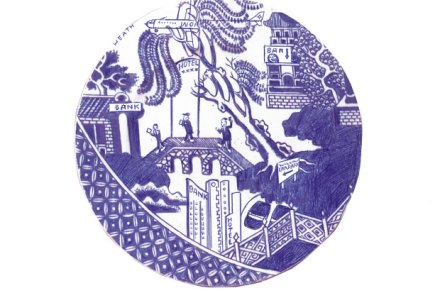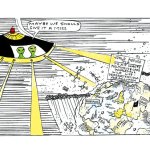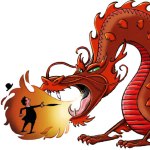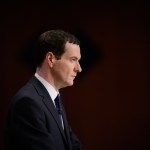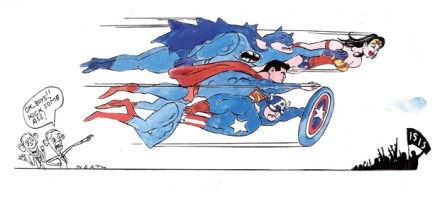Why everyone will suffer if China cracks down on Hong Kong
With all the chaos and confusion engulfing Hong Kong in recent weeks, it’s worth reminding ourselves what an extraordinary city it is — and what a loss to investors the removal of one of the world’s great safe havens would be. Hong Kong has long operated in a culturally neutral zone somewhere between China and the world, a bridgehead between the West and the world’s rising superpower. By the time London handed it back to Beijing in 1997 after 150 years of British rule, a once barren rock had been transformed into a genuinely global city. In the 17 years since, China has adhered largely to a set of principles
